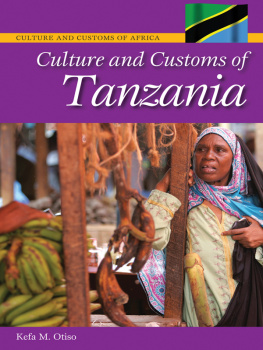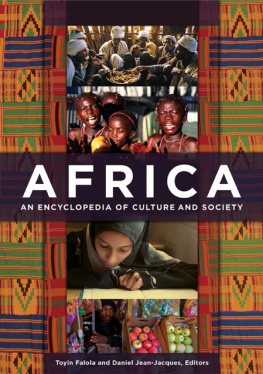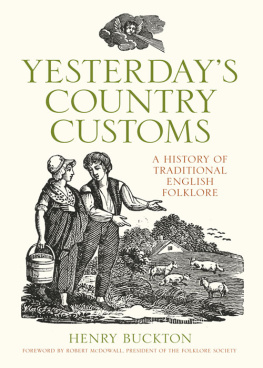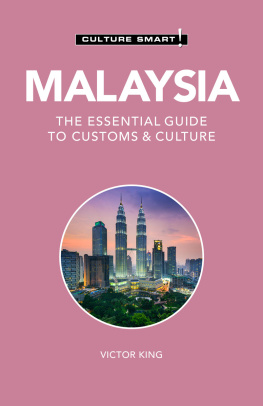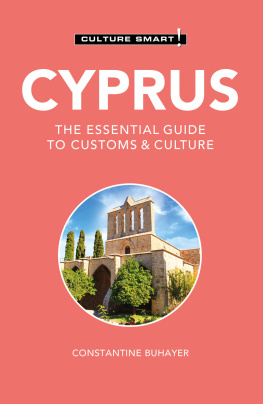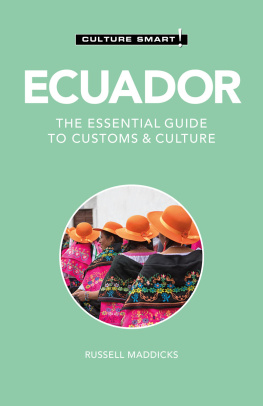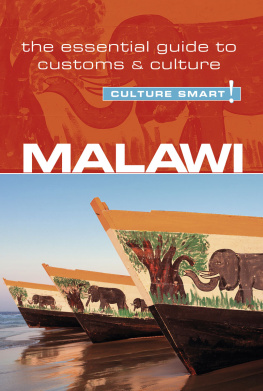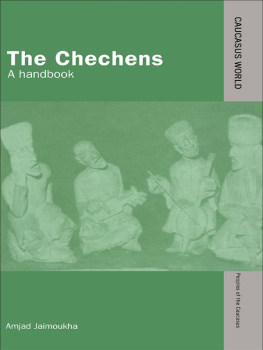Recent Titles in Culture and Customs of Africa
Culture and Customs of Uganda
Kefa M. Otiso
Culture and Customs of the Central African Republic
Jacqueline Woodfork
Culture and Customs of Zambia
Scott D. Taylor
Culture and Customs of Angola
Adebayo Oyebade
Culture and Customs of Mozambique
George O. Ndege
Culture and Customs of Rwanda
Julius O. Adekunle
Culture and Customs of Senegal
Eric S. Ross
Culture and Customs of Sudan
Kwame Essien and Toyin Falola
Culture and Customs of Namibia
Anene Ejikeme
Culture and Customs of Mali
Dorothea E. Schulz
Culture and Customs of Gambia
Abdoulaye Saine
Culture and Customs of Libya
Toyin Falola, Jason Morgan, and Bukola Adeyemi Oyeniyi
Copyright 2013 by Kefa M. Otiso
All rights reserved. No part of this publication may be reproduced, stored in a retrieval system, or transmitted, in any form or by any means, electronic, mechanical, photocopying, recording, or otherwise, except for the inclusion of brief quotations in a review, without prior permission in writing from the publisher.
Library of Congress Cataloging-in-Publication Data
Otiso, Kefa M.
Culture and customs of Tanzania / Kefa M. Otiso.
p. cm.(Culture and customs of Africa)
Includes bibliographical references and index.
ISBN 9780313339783 (hardcopy : alk. paper)ISBN 9780313087080 (ebook) 1. TanzaniaCivilization. 2. TanzaniaSocial life and customs. I. Title. II. Series: Culture and customs of Africa.
DT442.5.O85 2013
967.8dc23 2012035630
ISBN: 9780313339783
EISBN: 9780313087080
17 16 15 14 13 1 2 3 4 5
This book is also available on the World Wide Web as an eBook.
Visit www.abc-clio.com for details.
Greenwood
An Imprint of ABC-CLIO, LLC
ABC-CLIO, LLC
130 Cremona Drive, P.O. Box 1911
Santa Barbara, California 93116-1911
This book is printed on acid-free paper 
Manufactured in the United States of America
To the Great People of Tanzania
Mumethubutu, Mumeweza, na Mnazidi Kusonga Mbele!
You have dared, you have overcome, and you have kept moving forward! I cannot wait to see you take your next step forward.
Series Foreword
Africa is a vast continent, the second largest, after Asia. It is four times the size of the United States, excluding Alaska. It is the cradle of human civilization. A diverse continent, Africa has more than fifty countries with a population of over 700 million people who speak over 1,000 languages. Ecological and cultural differences vary from one region to another. As an old continent, Africa is one of the richest in culture and customs, and its contributions to world civilization are impressive indeed.
Africans regard culture as essential to their lives and future development. Culture embodies their philosophy, worldview, behavior patterns, arts, and institutions. The books in this series intend to capture the comprehensiveness of African culture and customs, dwelling on such important aspects as religion, worldview, literature, media, art, housing, architecture, cuisine, traditional dress, gender, marriage, family, lifestyles, social customs, music, and dance.
The uses and definitions of culture vary, reflecting its prestigious association with civilization and social status, its restriction to attitude and behavior, its globalization, and the debates surrounding issues of tradition, modernity, and postmodernity. The participating authors have chosen a comprehensive meaning of culture while not ignoring the alternative uses of the term.
Each volume in the series focuses on a single country, and the format is uniform. The presents a historical overview, in addition to information on geography, economy, and politics. Each volume then proceeds to examine the various aspects of culture and customs. The series highlights the mechanisms for the transmission of tradition and culture across generations: the significance of orality, traditions, kinship rites, and family property distribution; the rise of print culture; and the impact of educational institutions. The series also explores the intersections between local, regional, national, and global bases for identity and social relations. While the volumes are organized nationally, they pay attention to ethnicity and language groups and the links between Africa and the wider world.
The books in the series capture the elements of continuity and change in culture and customs. Custom is represented not as static or as a museum artifact but as a dynamic phenomenon. Furthermore, the authors recognize the current challenges to traditional wisdom, which include gender relations, the negotiation of local identities in relation to the state, the significance of struggles for power at national and local levels and their impact on cultural traditions and community-based forms of authority, and the tensions between agrarian and industrial/manufacturing/oil-based economic modes of production.
Africa is a continent of great changes, instigated mainly by Africans but also through influences from other continents. The rise of youth culture, the penetration of the global media, and the challenges to generational stability are some of the components of modern changes explored in the series. The ways in which traditional (non-Western and nonimitative) African cultural forms continue to survive and thrivethat is, how they have taken advantage of the market system to enhance their influence and reproductionsalso receive attention.
Through the books in this series, readers can see their own cultures in a different perspective, understand the habits of Africans, and educate themselves about the customs and cultures of other countries and people. The hope is that the readers will come to respect the cultures of others and see them not as inferior or superior to theirs but merely as different. Africa has always been important to Europe and the United States, essentially as a source of labor, raw materials, and markets. Blacks are in Europe and the Americas as part of the African diaspora, a migration that took place primarily because of the slave trade. Recent African migrants increasingly swell their number and visibility. It is important to understand the history of the diaspora and the newer migrants as well as the roots of the culture and customs of the places from where they come. It is equally important to understand others in order to be able to interact successfully in a world that keeps shrinking. The accessible nature of the books in this series will contribute to this understanding and enhance the quality of human interaction in a new millennium.
Toyin Falola
Frances Higginbothom Nalle Centennial Professor in History The University of Texas at Austin
Preface
Tanzania is the largest and most diverse country in East Africa. It is larger than the combined area of its immediate neighbors, Kenya, Uganda, Burundi, and Rwanda. Aside from its more than 130 indigenous ethnic groups, it also has a sprinkling of people groups from other parts of the world. Most of its people are practitioners of Christianity, Islam, and various African traditional religions. Yet despite this diversity, Tanzania is one of Africa's most politically stable countries. How has Tanzania managed to do this? Why is it one of Africa's fastest growing economies? What do Tanzanians like to eat? What do they do for fun? What music do they like to listen to? What are their family relations like? I explore these and other fascinating aspects of Tanzania in this book.

